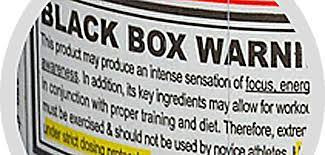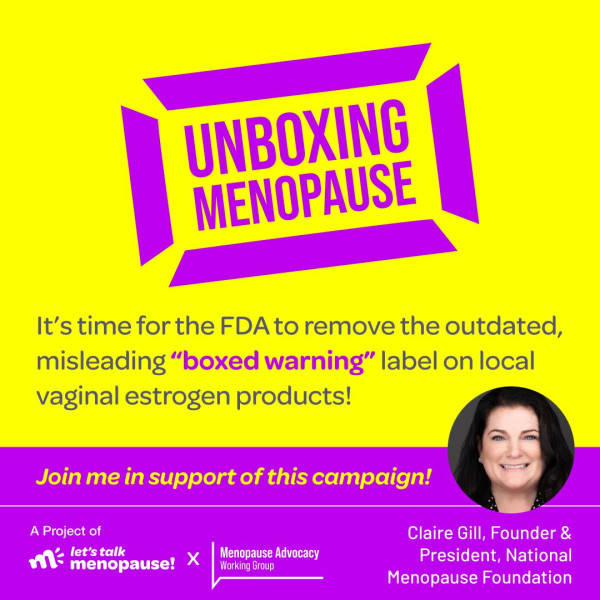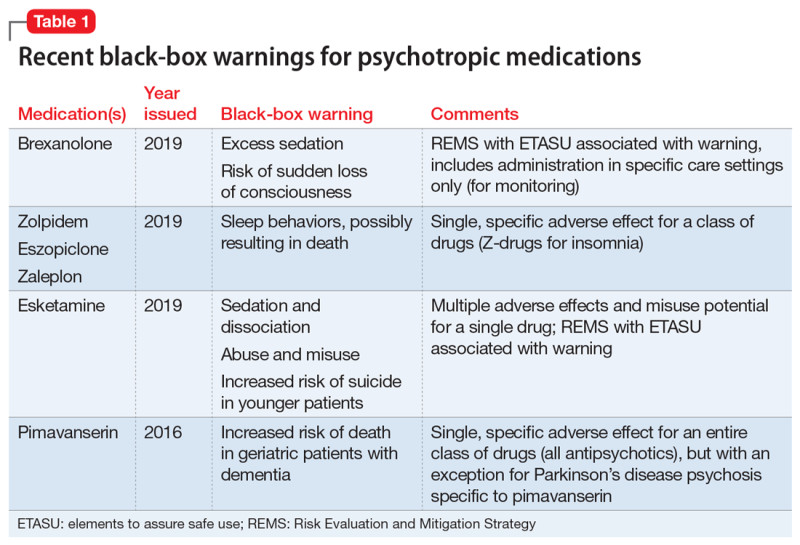In a move that's stirring up the medical world, the Food and Drug Administration announced yesterday it's kicking off the process to remove those stark black box warnings from hormone replacement therapy products used to ease menopause symptoms. For over two decades, these labels have loomed large on HRT creams, pills, and patches, citing risks like heart disease, blood clots, breast cancer, and even dementia—findings pulled from the 2002 Women's Health Initiative study that involved more than 16,000 women.
But here's the shift: recent analyses suggest the dangers aren't as dire, especially if women start HRT close to menopause onset, say around age 50 to 59. The FDA, led by Commissioner Marty Makary, argues the old warnings have scared off too many from beneficial treatments, leaving countless dealing with hot flashes, night sweats, and bone loss untreated. Studies now show that for younger menopausal women, the therapy can cut fracture risks by up to 34% and slash diabetes odds by 14%, without the heavy cardiovascular hit seen in older users.
Still, not everything's changing—the endometrial cancer warning sticks for estrogen-only options, a nod to ongoing caution. Doctors and women's health advocates are split; some hail it as long-overdue progress, others worry it might downplay real perils for certain groups, like smokers or those with family cancer histories.
As this unfolds, one can't help but wonder if this could finally balance the scales on how we approach menopause care in America.



